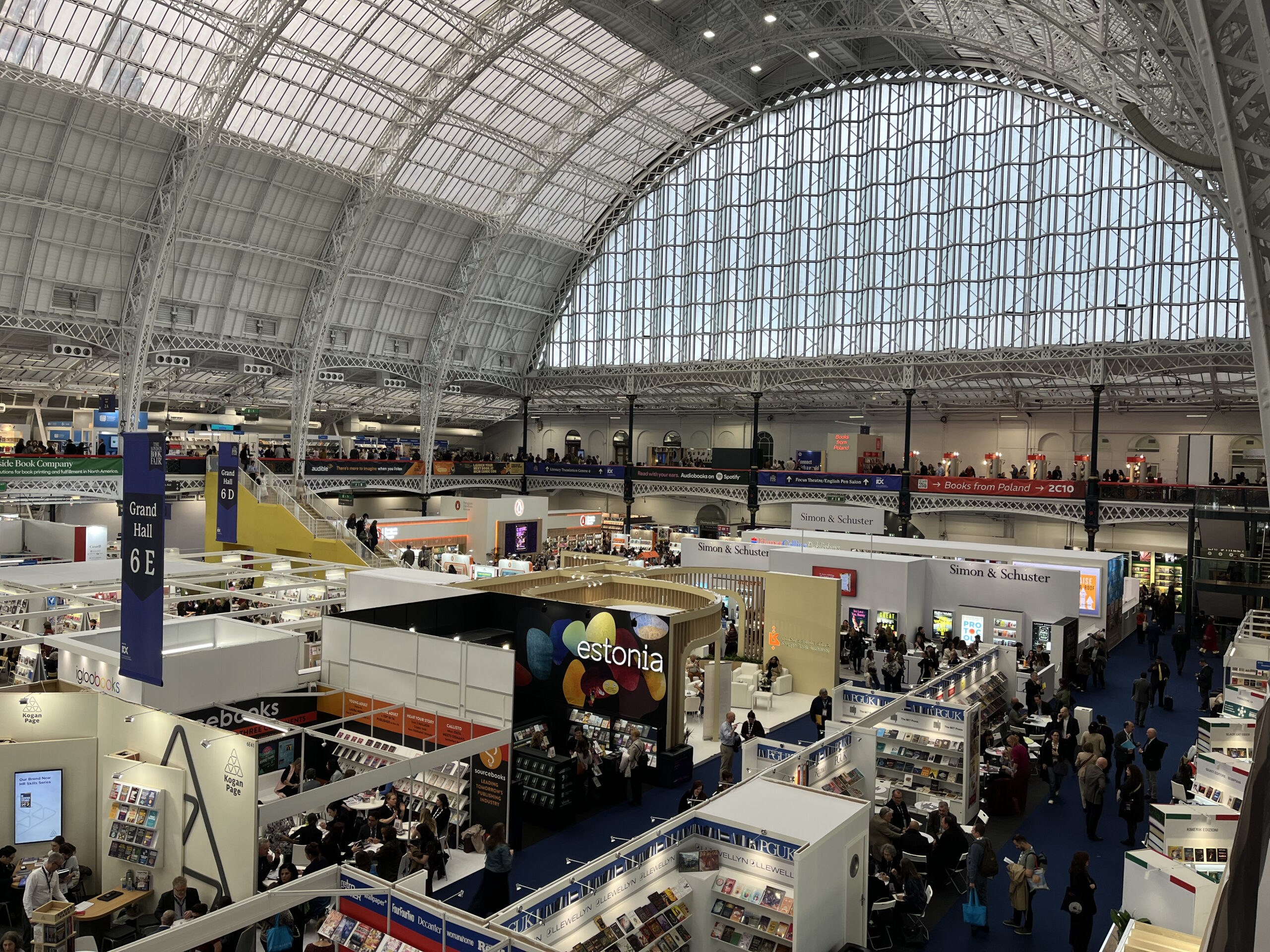It’s easy to walk away from an event like the London Book Fair with more questions than you had arrived with. As an author, you are trounced with so much conflicting information, you feel a rush of blood to your head (though it might just be the between-talk coffees).
This ranges from advice on pitching a manuscript (submit something in keeping with the agent’s represented list/don’t submit something identical) to the recommended frequency of social media posts (stay very active so readers won’t forget you/don’t be too active as you will get overbearing).
Each one of these small contradictions poses a personal conundrum for the author. Recently, I’ve been faced with another: whether to go with a traditional publisher, or do it alone.
I won’t lie, this dilemma has partially stemmed from my failure to find success in the traditional road to publication – secure an agent, agent finds publisher, book hits the shelves.
Rest assured I have not given up. As a matter of fact, I’ve been encouraged to keep submitting by some positive agent feedback – which, after a couple of minor revisions, I have been preparing to do. But now I’m having second thoughts.
Since I laid out my ‘plan’ to publication back in 2021, shortly after starting my manuscript and examining the options available to me, the industry seems to have undergone a shift – one that’s not yet finished. This, in part, explains the conflicting information I’ve been receiving.
Originally, self-publishing was ruled out as a viable option because of some advice I had received. Once you go through Amazon, a traditionally published author told me, no bookstore – and very few publishers – will ever touch you. This was enough to put the fear of God into me. But in just four years, this mood had radically changed and I was prepared to re-evaluate my plan.
So, I went to the London Book Fair to unravel the enigma of the publishing industry, listen to some people talk, and find an answer to the most important question that concerned me: how do I make money from the writing I want to write?
And what did I find? A couple of things.
For one, the once-straightforward road to publishing is no longer so straightforward, and self-publishing is to blame – or credit, depending on which way you look at it. Companies like Kindle Direct Publishing, IngramSpark and Bookvault have given willing writers – or those unable to break through via traditional means – the tools to reach their audiences directly without agents or publishers.
‘After your book is printed, you can make it available in bookstores around the world through our global distribution networks,’ an IngramSpark salesperson told me as I stood a little befuddled, wondering why anybody would bother going through the masochistic ordeal of traditional publishing.
‘Even Waterstones?’
‘Waterstones, Barnes & Noble, Amazon…’
All this bifurcation has come with consequences, however. With a weakened stronghold on the reading market, big publishers have become even less inclined to take on an author who doesn’t neatly fit into the mould of yesterday’s big hit, be that Sally Rooney or George R R Martin.
Fortunately, I also learned that regardless of how much traditional industry tries to stifle the disruption to their carefully wrought order, indie publishers (which encompasses self-publishers) are infiltrating the market at a breakneck pace and gaining widespread popularity with readers.
What I’ve seen in my three years of looking for the best (read ‘most profitable’) road to publication validates this. It was also on show everywhere at the London Book Fair, from bookshop owners giving talks at an Amazon-sponsored pop-up, to industry professionals confessing that modern-day agents now seek authors with self-publishing experience – a quantum leap from three, four years ago (though this was not unanimously agreed-upon).
All this makes the matter of deciding which path to take even more complicated. But it’s not just authors. After listening to three days of talks by industry professionals, the impression I get is most of the industry is just throwing things at the wall to see what sticks.
‘Try to find that little kernel – it could be anything, a post type, a video topic – that resonates, and then replicate it,’ said Barry Hutchison, a successful children’s author who writes crime fiction under the pseudonym JD Kirk.
Arguably this was the biggest takeaway from the fair.
Perhaps I was just looking for a quick and easy answer, a dummy’s guide to successful authorship, which I did not get. What I did get was a lineup of interesting authors who have found their way to six-figure incomes in their own unique way, which provided me with something I didn’t believe I had – choice (at least in theory).
So I left West Kensington a trifle empowered and am writing a less-embittered missive as I prepare for my next submission round, knowing that were all else to fail, I could always self-publish. Or perhaps I could return to the London Book Fair for more answers.
My novel, Going to Zossen, will be released this year (whether self-published or not). It follows a detention facility director in northern Russia as he contends with the conditions of the post-Soviet years while trying to rescue his young inmates, and himself, from oblivion.

